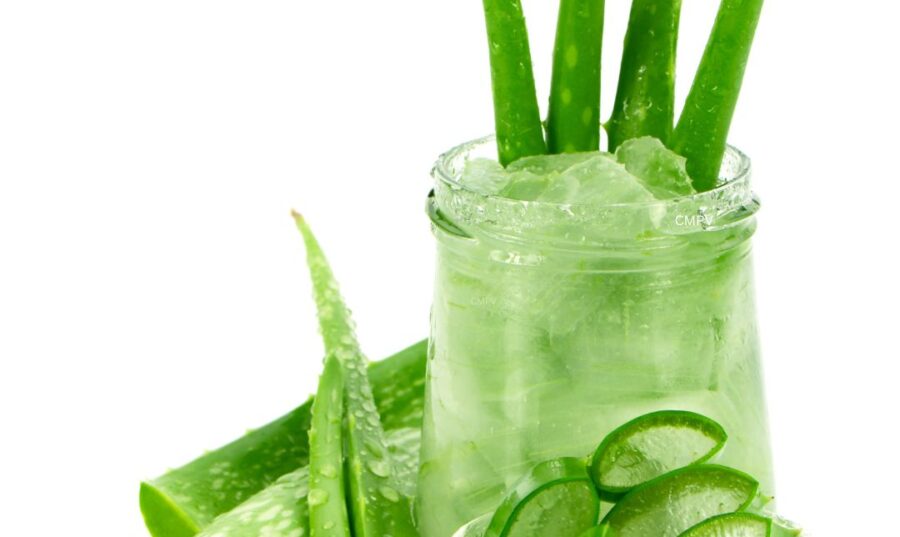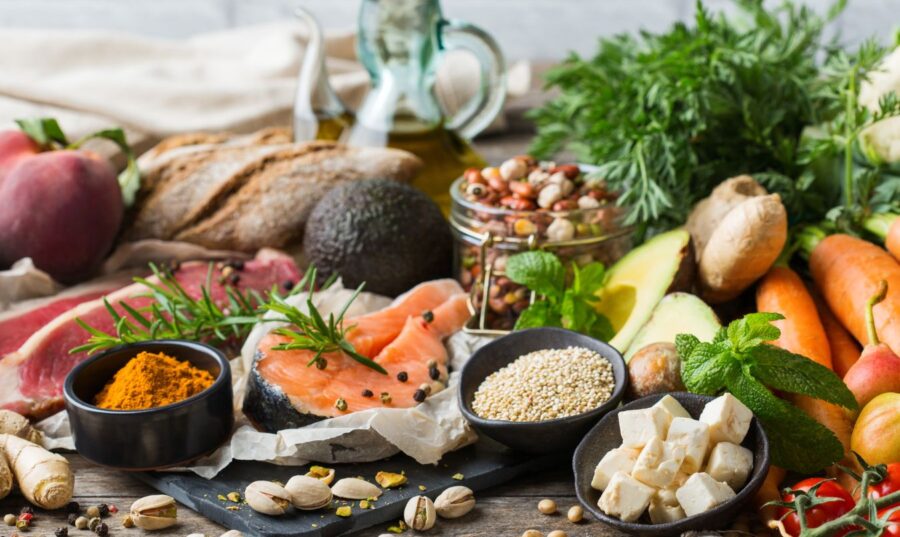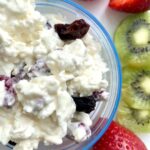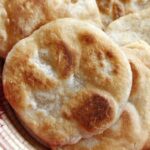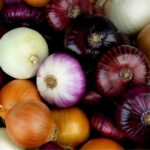|
Getting your Trinity Audio player ready...
|
Cinnamon is one of the best known and most used spices in the world. Without it, Thanksgiving and Christmas meals would have less flavor and less aroma. It is obtained by peeling the inner bark of a tree, scientifically known as Cinnamomum. This tree is native to Sri Lanka and India, but is also found in Indonesia, China, Vietnam and South America. Each location harvests and processes several types of the spice, but the two most popular are cassia cinnamon and Ceylon cinnamon. The cassia tree grows mainly in Sri Lanka and the Ceylon cinnamon tree in China and Indonesia. Cassia has the stronger flavor and smell of the two. It is also the most economical.
After being cut from young cinnamon trees and peeled, the bark curls into the familiar rolls we associate with cinnamon. These rolls are called spikes or sticks. Cinnamon is often sold in these rolls, but it is also ground into powder or processed into pill or oil form. Depending on its form, cinnamon can be used as a spice in cooking, for aromatherapy, or as a health supplement. The oily part of cinnamon, which gives it its sweet smell and flavor, as well as its distinctive spiciness, comes from cinnamaldehyde. Some research indicates that this compound is responsible for the health benefits of cinnamon.
Health Benefits
The health benefits are inconclusive. The main limitations of the studies are that the doses used vary greatly (from 1 gram to doses toxic to humans) and the duration of taking the capsules is also highly variable. However, studies have identified some encouraging benefits.
The strongest evidence is for diabetes and cinnamon's role in controlling diabetes. blood sugar levels. Additionally, studies have reported results of improvement in levels of LDL ('bad') cholesterol, total cholesterol and triglycerides. The possible reduction of 'bad' cholesterol is attributed to cinnamate, a compound that can reduce the activity of the enzyme involved in the production of cholesterol, resulting in a decrease in the amount of this fat in the blood.
Cinnamon improves intestinal health, according to some scientific studies. In this particular, it has been highlighted that cinnamon could help in regulation of the intestinal microbiota and acts as a prebiotic, promoting the growth of beneficial bacteria in the intestine. Cinnamon has been studied in laboratory animals for its anti-inflammatory and antioxidant properties in cancer, Alzheimer's, dementia and HIV. Compounds such as cinnamaldehyde and epicatechin found in cinnamon are associated with preventing cognitive decline, dementia, Parkinson's disease, and Alzheimer's disease.
The cinnamon essential oils They can fight bad breath, protect against certain bacteria that cause bad breath, cavities and oral infections. Additionally, as aromatherapy, cinnamon can be relaxing and reduce stress, according to some researchers.
Also, it has been observed that it kills bacteria such asstreptococcus and E. Coli. More recently, its role in multiple sclerosis is being studied.
Regulations
Due to the increase in the therapeutic use of cinnamon, the United States Food and Drug Administration (FDA) recommends an intake limit of 6 grams per day. While the American Diabetes Association indicates that since there is not enough evidence, care should be taken when consuming it.
Contraindications
Cinnamon, mainly the cassia type, contains high concentrations of coumarin, a plant compound that can damage the liver. Also, cinnamon in large quantities is associated with side effects such as gastrointestinal problems, mouth ulcers and allergic reactions. When applied to the skin it could cause irritation. It is important to be wary of exaggerated promotions of cinnamon's effects on metabolism. Especially any claims that boost cinnamon's ability to reduce belly fat or promote significant weight loss. If you are going to take cinnamon in order to improve insulin resistance, you should keep in mind that its effects on blood sugar may vary, so cinnamon should never replace medical treatment.
We still have a lot to know about cinnamon. So we must be careful. Always share with your doctor or health professional the therapeutic consumption of any spice such as cinnamon.

